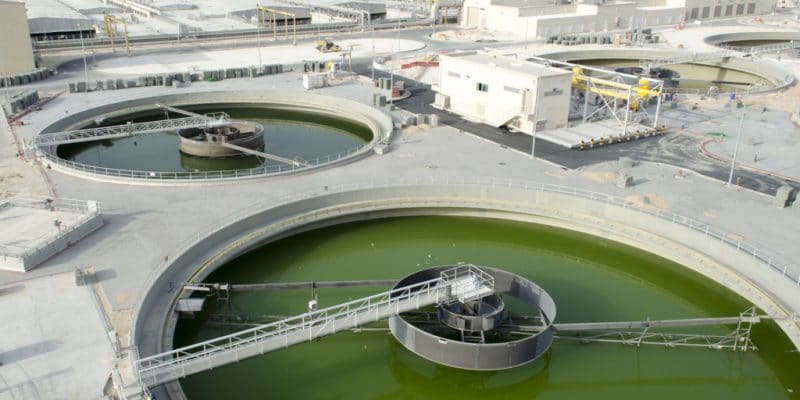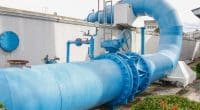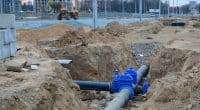A new water treatment plant will be built in the city of Dakhla. It will be used to treat industrial wastewater from the small pelagic project area, where certain seafood products are used.
The water branch of the National Electricity and Drinking Water Authority of Morocco (Onee) has launched a call for tenders for technical assistance on a project to build a wastewater treatment plant in Dakhla, a city located in Western Sahara, a territory under Moroccan occupation.
The future wastewater treatment plant will be used to treat industrial effluents from the small pelagic projects area, the purpose of which is to enhance the value of products from sea fishing. According to the public company, the new facility will improve wastewater management, with the objective of preventing it from entering the environment, at the risk of polluting groundwater resources. The sludge from the wastewater treatment of the future facility will be recovered and can be used as biological fertiliser.
Onee indicated that the service provider recruited for technical assistance could sign a contract worth 2.8 million Moroccan dirhams, or more than 262,000 euros. The future station is in addition to the sanitation facilities in Dakhla City. In 2016, Onee commissioned an “activated sludge” type wastewater treatment plant with tertiary treatment with a capacity of 10,000 m3 per day. To supply this station, 21 km of collectors for the supply and interception of waste water were installed. They operate with five pumping stations. Purified water transfer facilities have also been built to promote reuse.
This work completed a first liquid sanitation project commissioned in 2008. At a cost of 62 million dirhams (about 6 million euros), this initial project made it possible to rehabilitate and extend sanitation networks over a 67 km stretch. It has also enabled the construction of 3,750 private connections and two wastewater pumping stations.
Jean Marie Takouleu







